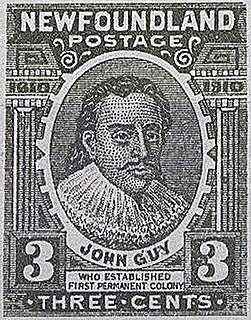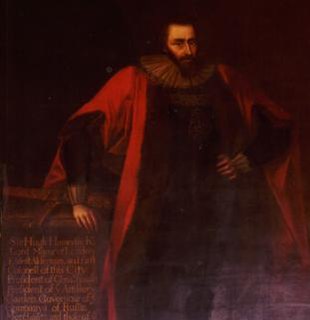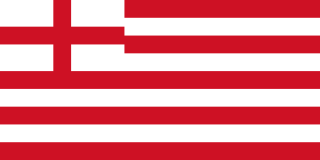Sir Maurice Abbot (Morris) (1565–1642) was an English merchant, Governor of the East India Company (1624–1638), and a politician who sat in the House of Commons between 1621 and 1626. He was Lord Mayor of London in 1638.

Jan Pieterszoon Coen was an officer of the Dutch East India Company in Indonesia (VOC) in the early seventeenth century, holding two terms as its Governor-General of the Dutch East Indies. He was the founder of Batavia, the capital city of the Dutch East Indies.
Gerard de Malynes was an independent merchant in foreign trade, an English commissioner in the Spanish Netherlands, a government advisor on trade matters, assay master of the mint, and commissioner of mint affairs. His dates of birth and death are unknown.

The Amboyna massacre was the 1623 torture and execution on Ambon Island of twenty men, including ten of whom were in the service of the English East India Company, and Japanese and Portuguese traders, by agents of the Dutch East India Company (VOC), on accusations of treason. It was the result of the intense rivalry between the East India companies of England and the United Provinces in the spice trade and remained a source of tension between the two nations until late in the 17th century.

John Guy was an English merchant adventurer, colonist and politician who sat in the House of Commons from 1621 to 1624. He was the first proprietary governor of Newfoundland Colony, the first attempt to establish a colony on Newfoundland.
Bullionism is an economic theory that defines wealth by the amount of precious metals owned. Bullionism is an early or primitive form of mercantilism. It was derived, in the 16th century, from the observation that the English state, because of its large trade surplus, possessed large amounts of gold and silver—bullion—despite the fact that there was no mining of precious metals in England.

Johan van Heemskerk (1597–1656), Dutch poet, was born at Amsterdam.
Sir Thomas Mun was an English writer on economics and is often referred to as the last of the early mercantilists. Most notably, he is known for serving as the director of the East India Company. Due to his strong belief in the state and his prior experience as a merchant, Mun took on a prominent role during the economic depression which began in 1620. To defend the East India Company and to regain England's economic stability, Mun published A Discourse of Trade from England unto the East-Indies.
Captain Raleigh Croshaw (c.1584-1624) was an Ancient planter and a representative in the House of Burgesses for Elizabeth City County in the Colony and Dominion of Virginia.

Sir Hugh Hamersley was a 17th-century merchant who was Lord Mayor of London in 1627.
Sir William Courten or Curteen (1572–1636) was a wealthy 17th century merchant, operating from London. He financed the colonisation of Barbados, but lost his investment and interest in the islands to the Earl of Carlisle.
William Methwold, , was an English merchant and colonial administrator in India. He is credited with identifying the site of Bombay as a strategic port.
John Weddell (1583–1642) was an English sea captain who served for both the Muscovy Company and the East India Company (EIC).
Ralph Freeman was an English merchant who was Lord Mayor of London in 1633.
Richard Bushrode, also Bushrod was an English haberdasher and merchant adventurer and a politician who sat in the House of Commons in 1624 and 1626.
Thomas Weston was baptized on December 21, 1584, at Rugeley, Staffordshire England. He was the son of Ralph Weston and Anne Smith. He was admitted to the Ironmongers Company of London in 1609

Sir Lewes Roberts, also Captain Lewis Roberts (1596–1641), was a British merchant with the Levant Company and writer.

Bantam Presidency was a presidency established by the British East India Company and based at the Company factory at Bantam in Java. Founded in 1617, the Presidency exercised its authority over all the Company factories in India, including the agencies of Madras, Masulipatnam and Surat. The factors at Bantam were instrumental in founding the colony of Madraspatnam in 1639 with the Fort St. George, which later grew into the modern city of Madras. The Presidency of Bantam was twice downgraded, first in 1630 before being restored in 1634 and for the second time in 1653, when owing to the hostility of Dutch traders, the Presidency was shifted to Madras. Bantam remained an agency under the suzerainty of Madras and then Surat till the 1680s, when trade was moved to Bencoolen in Sumatra. The factory at Bantam survived until the Anglo-Dutch Treaty of 1824 when all the British colonies in the East Indies were handed over to the Dutch in return for recognition of British primacy over the Malay Peninsula.
Gabriel Towerson (1576–1623), was a captain and agent for the East India Company.


















